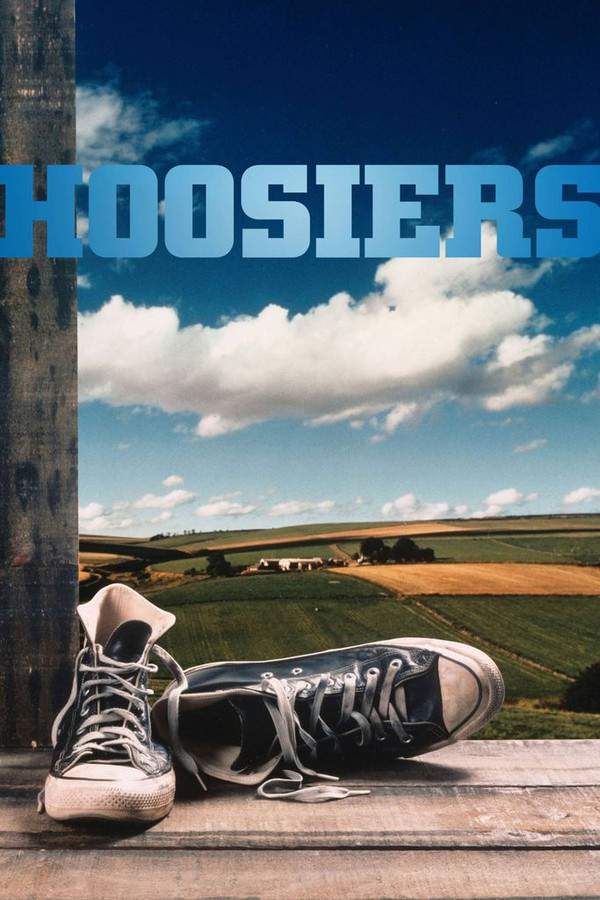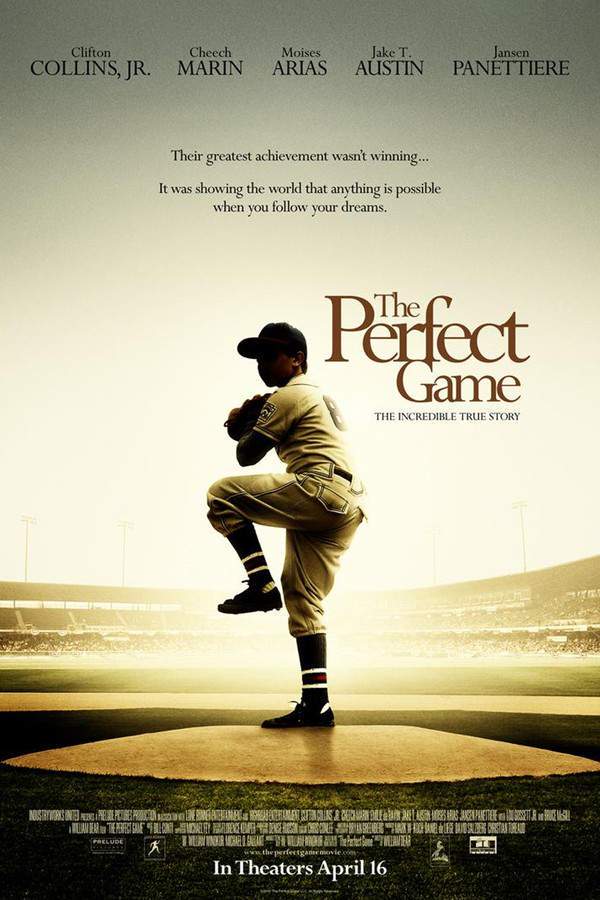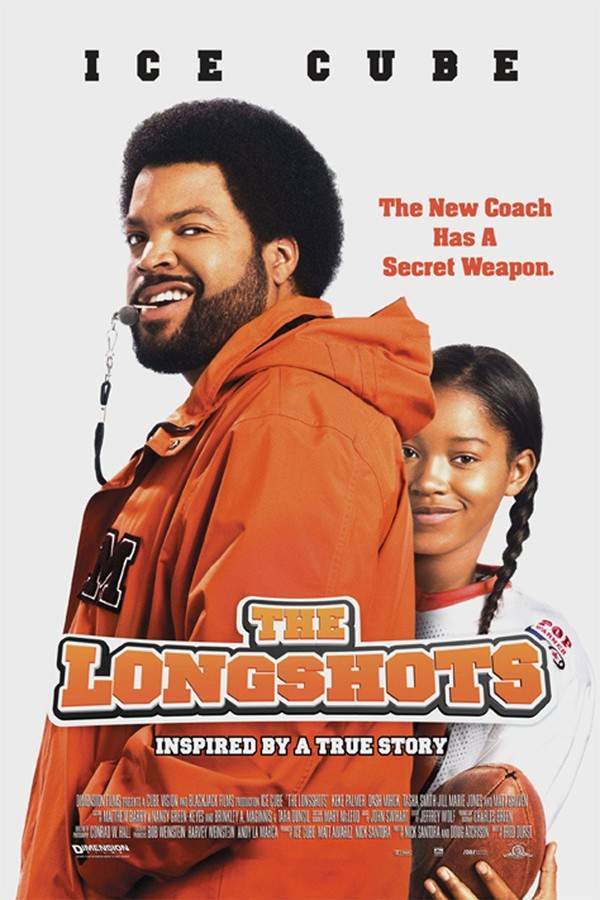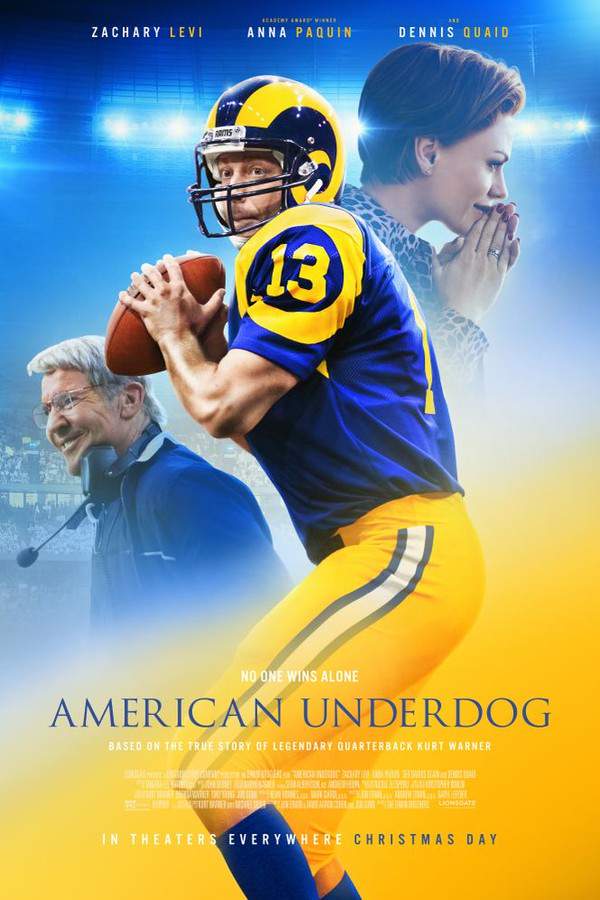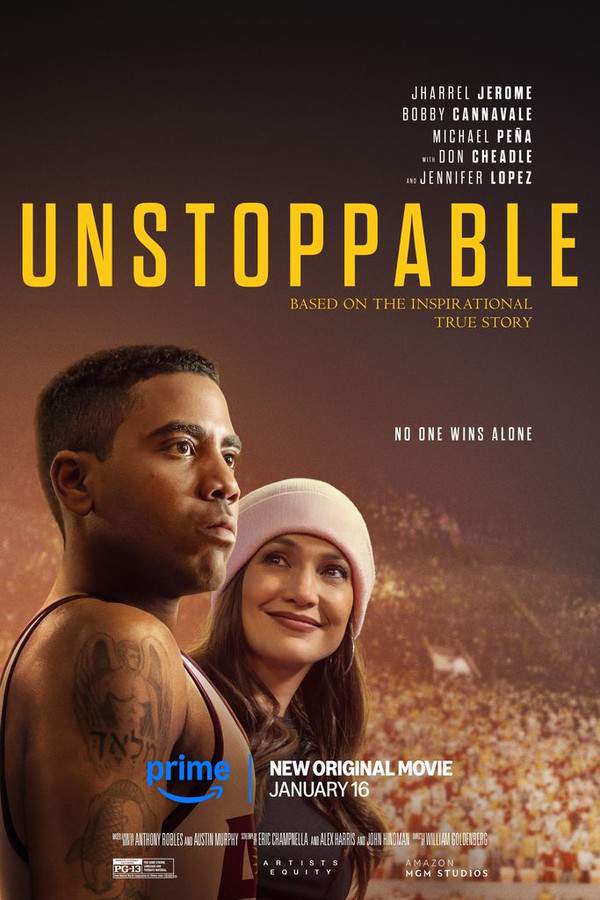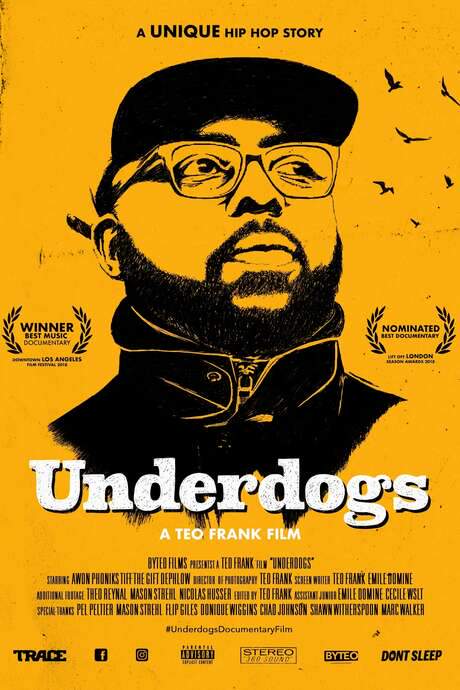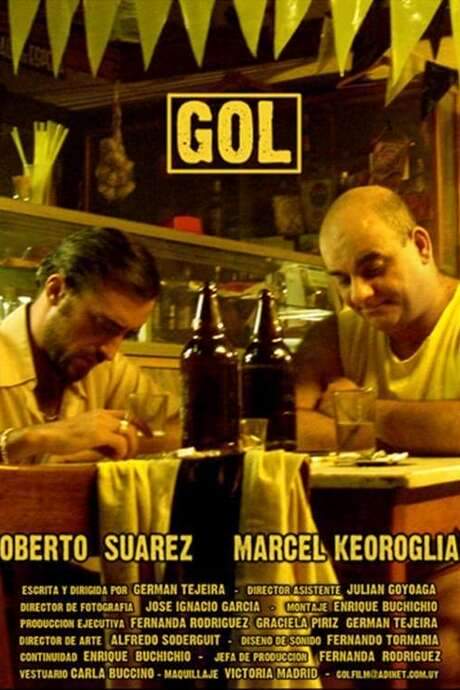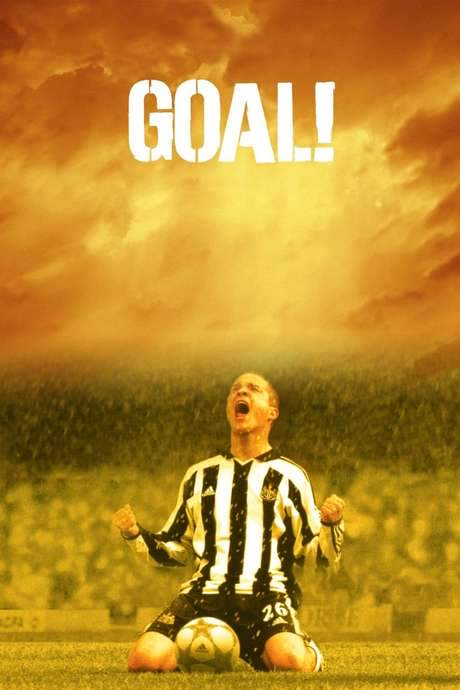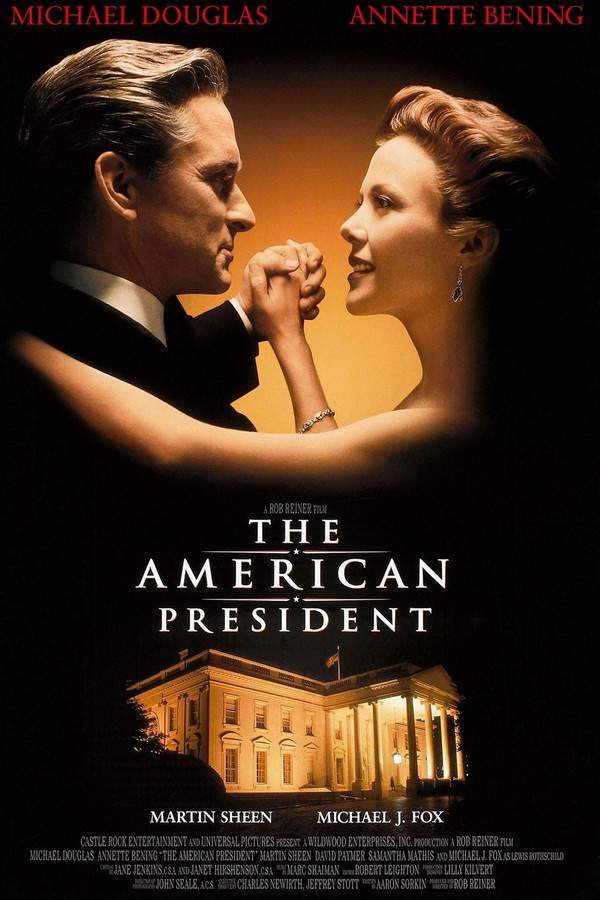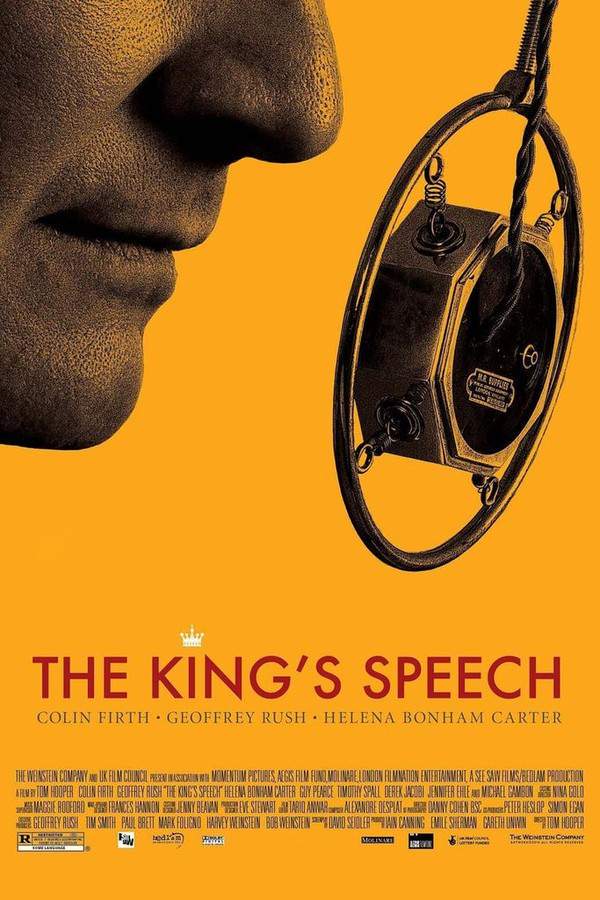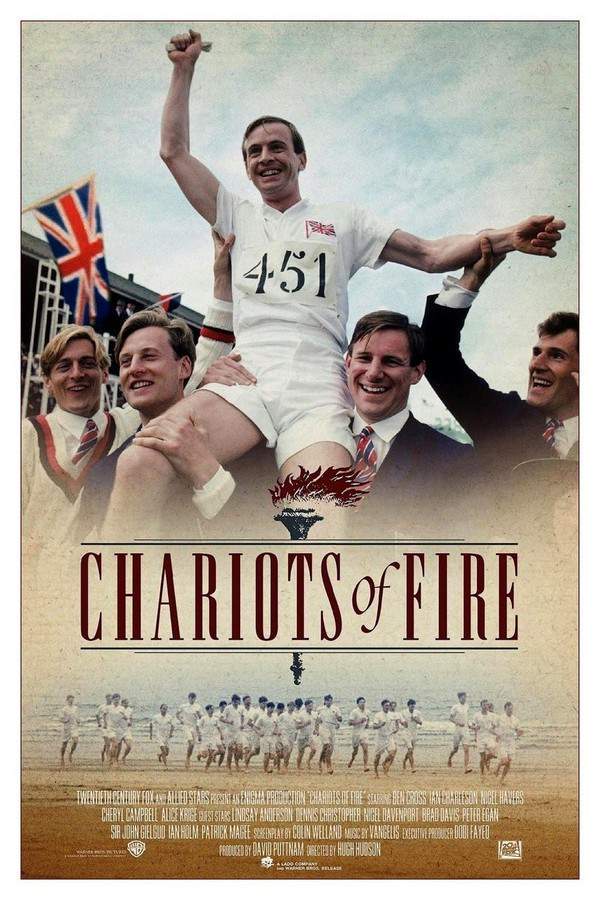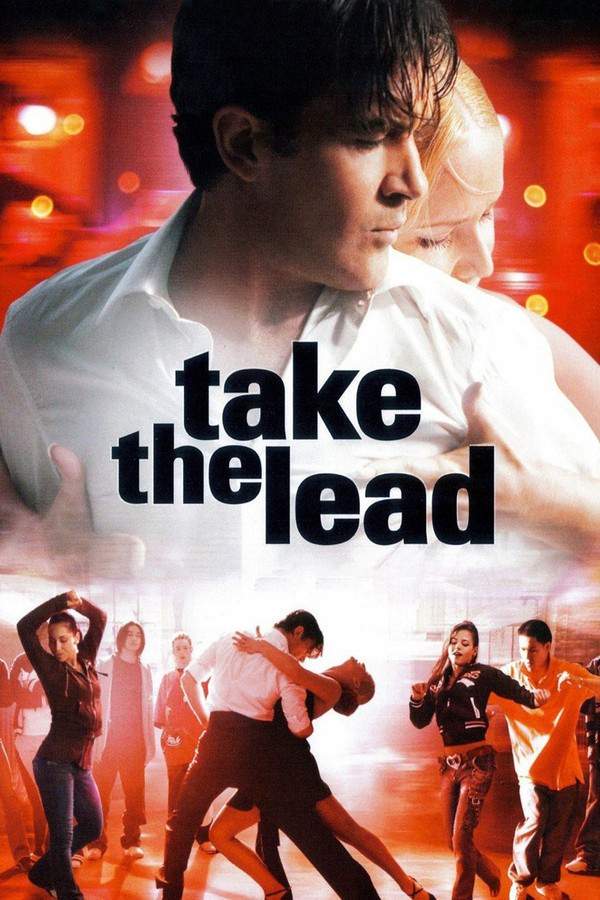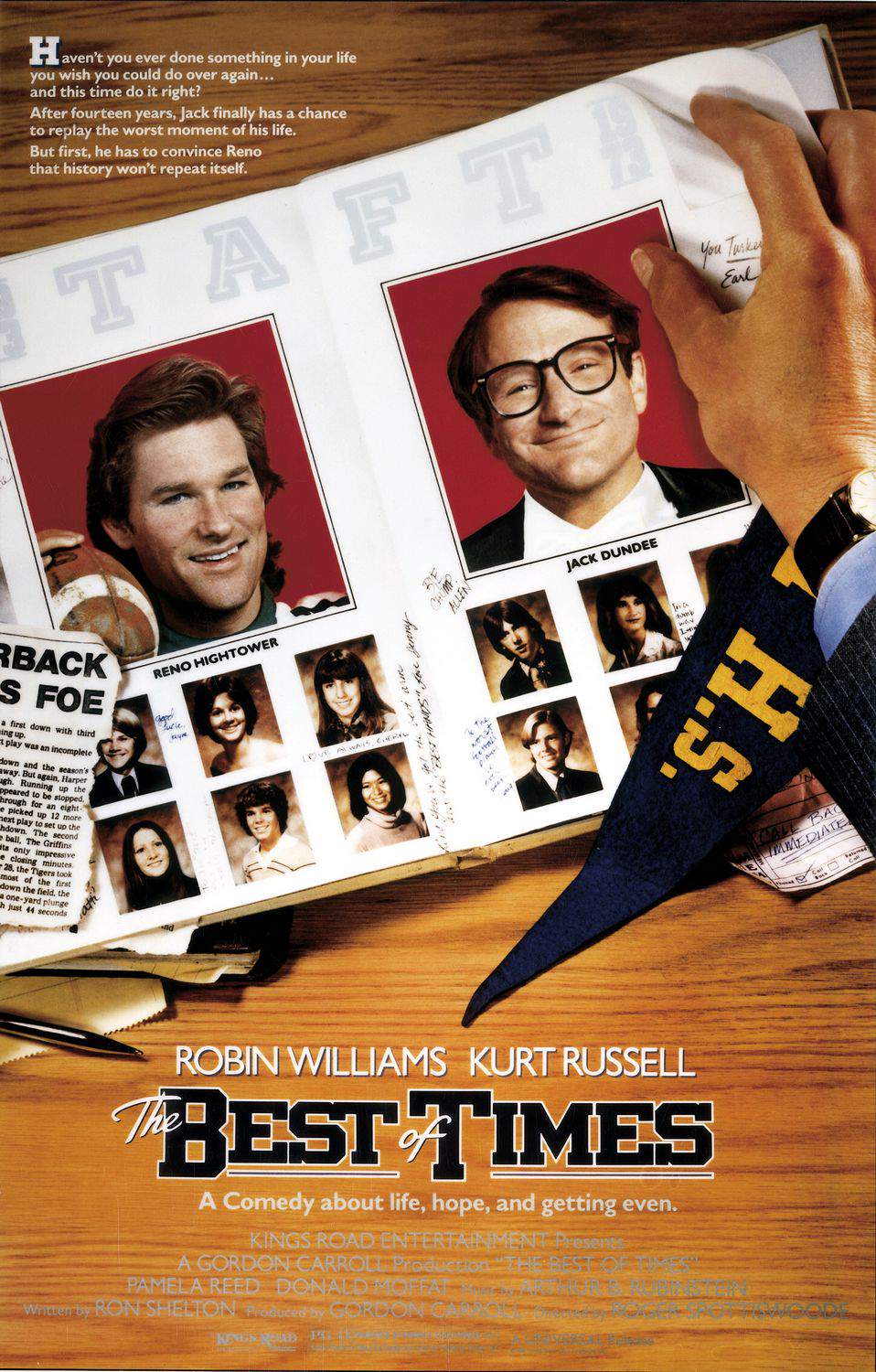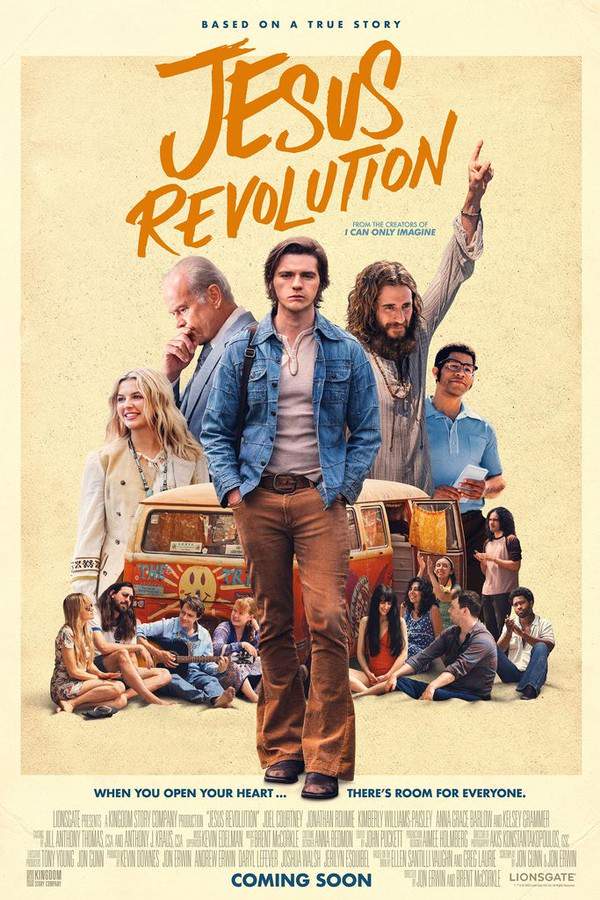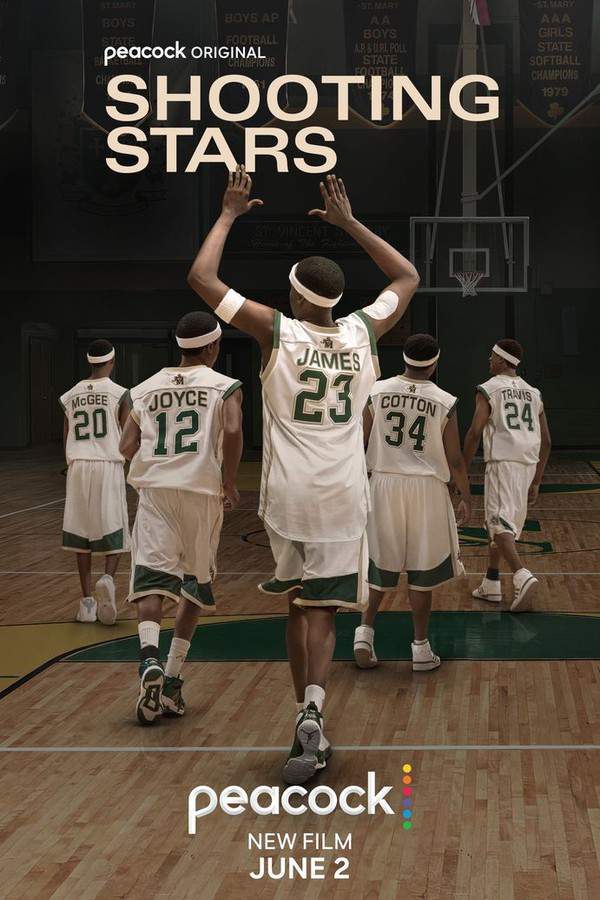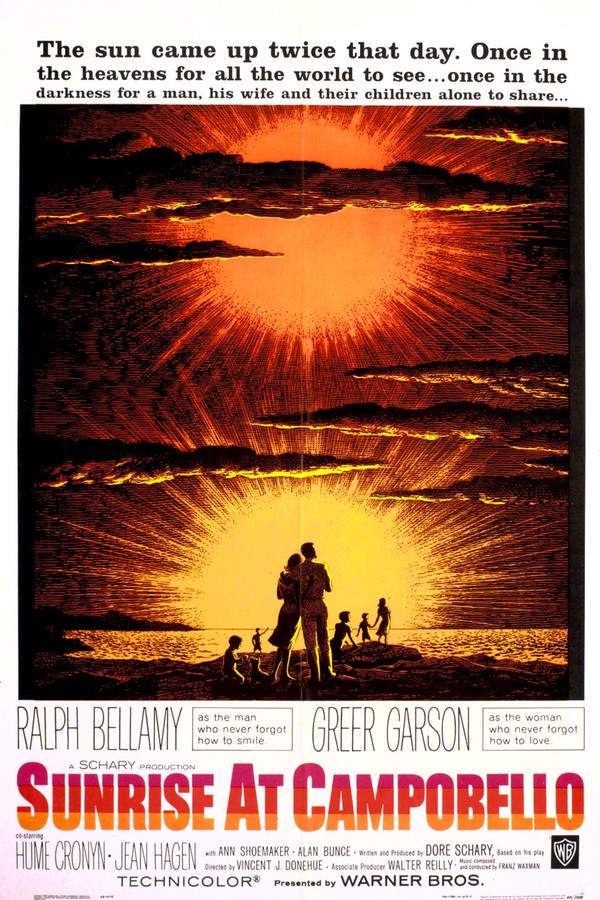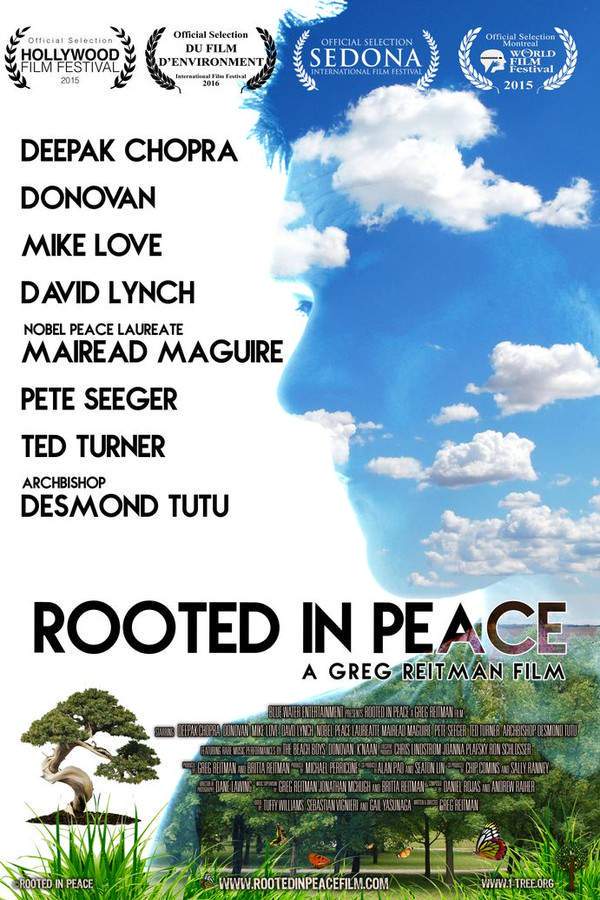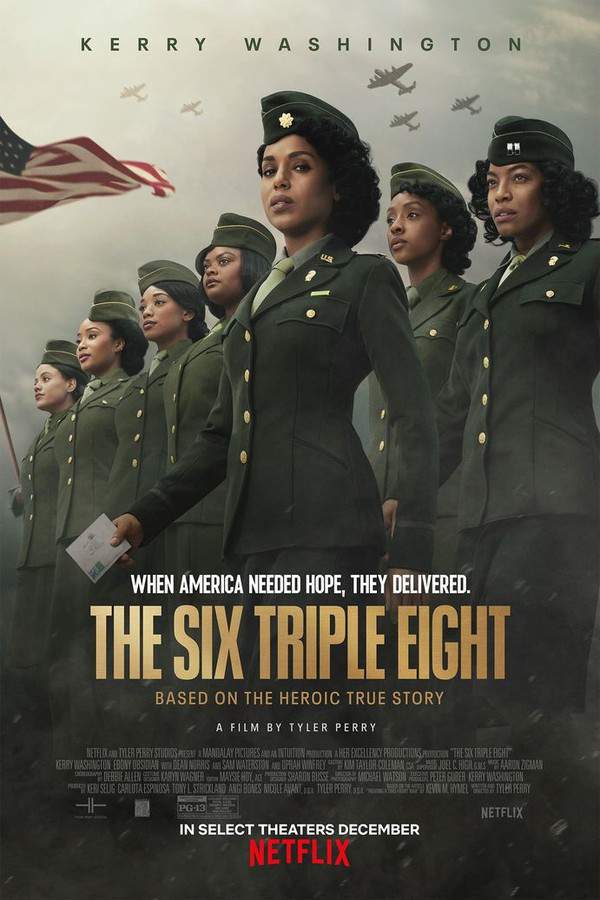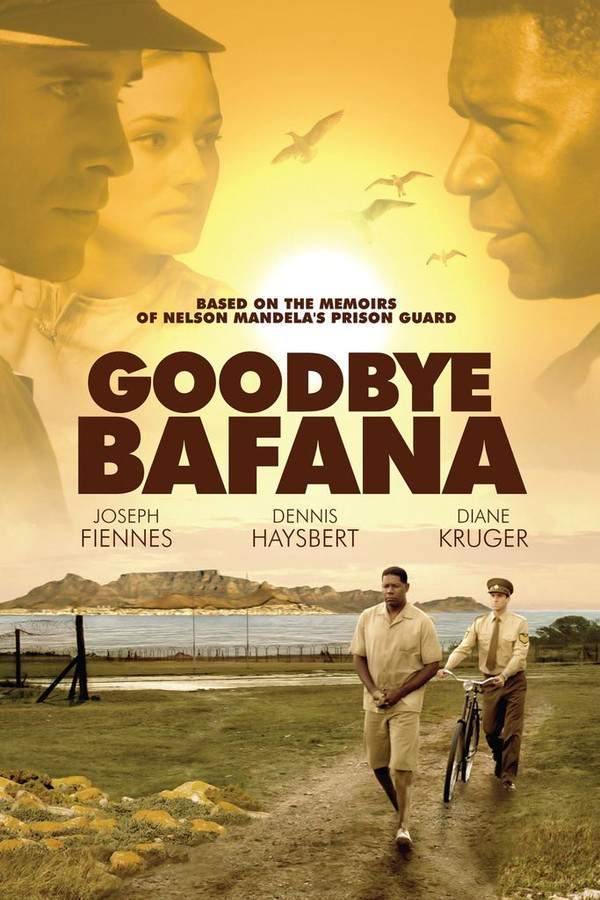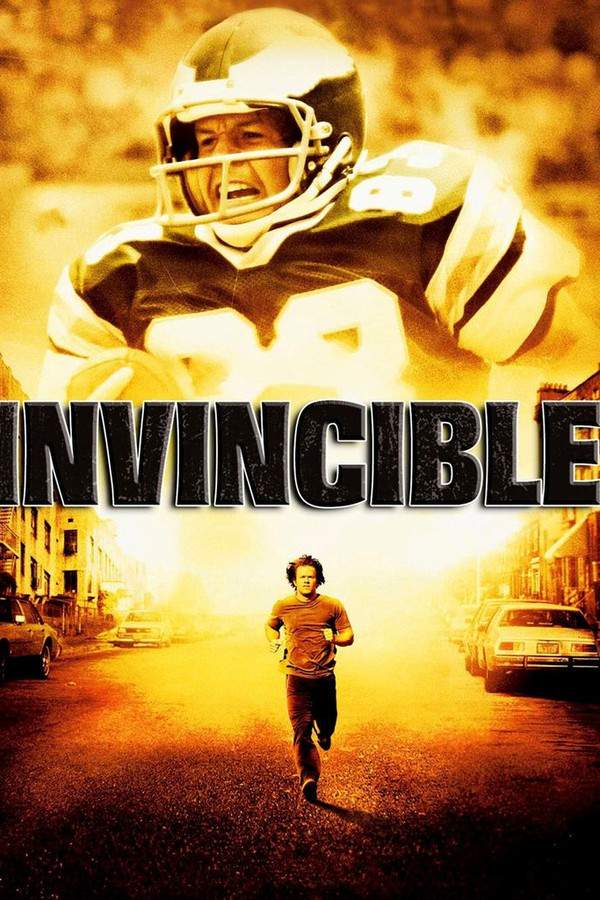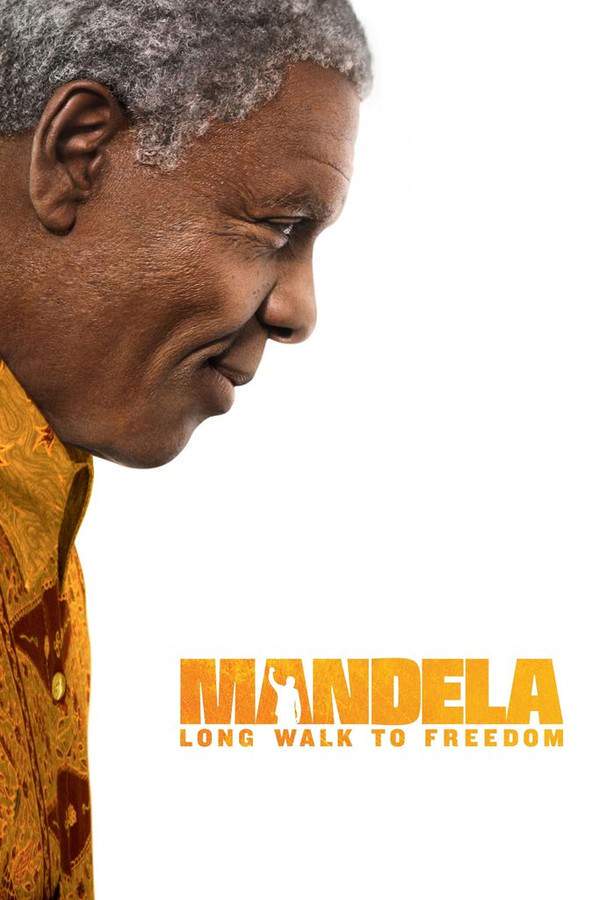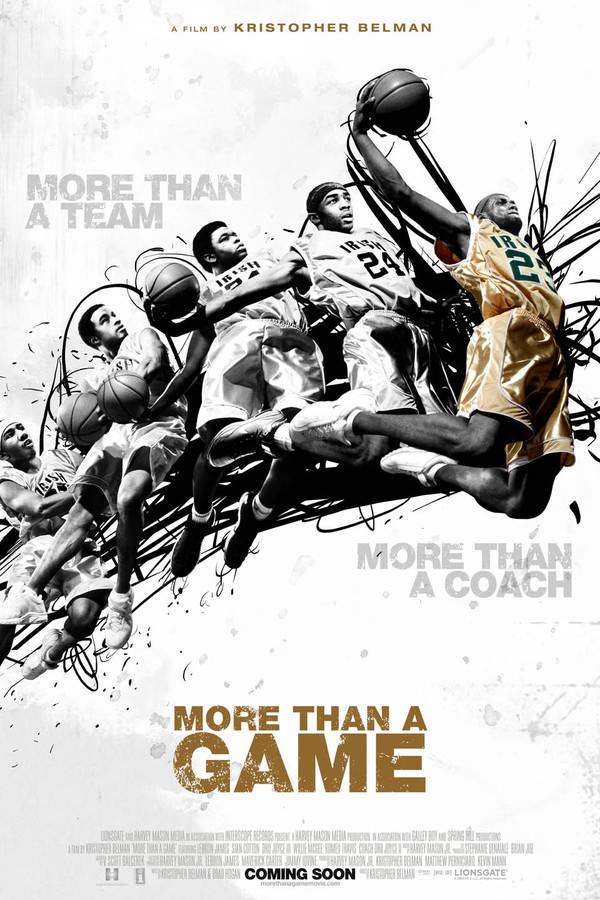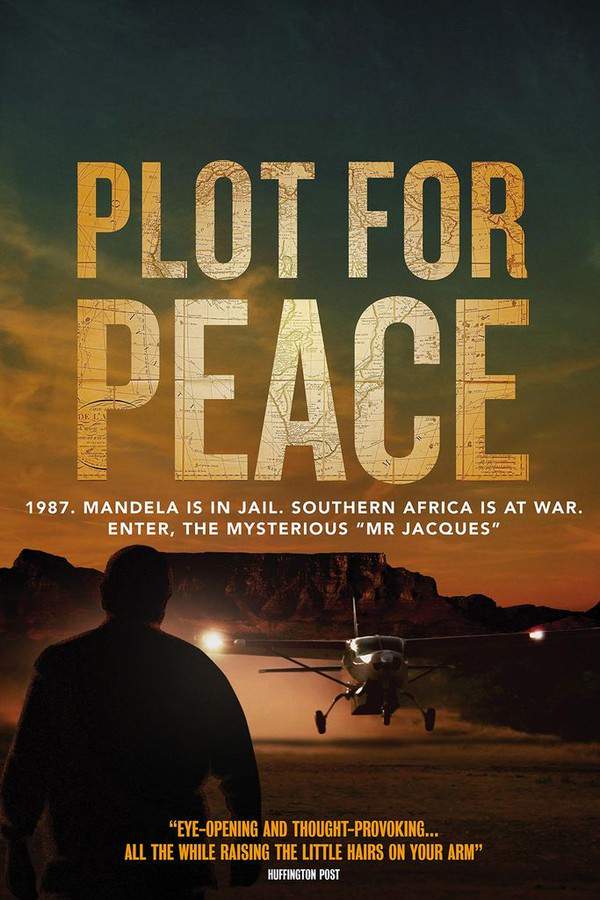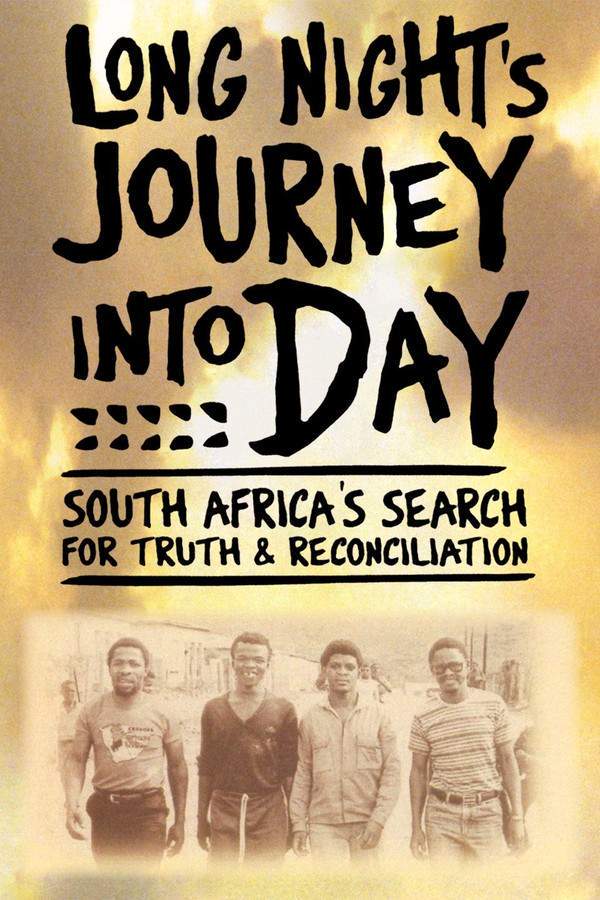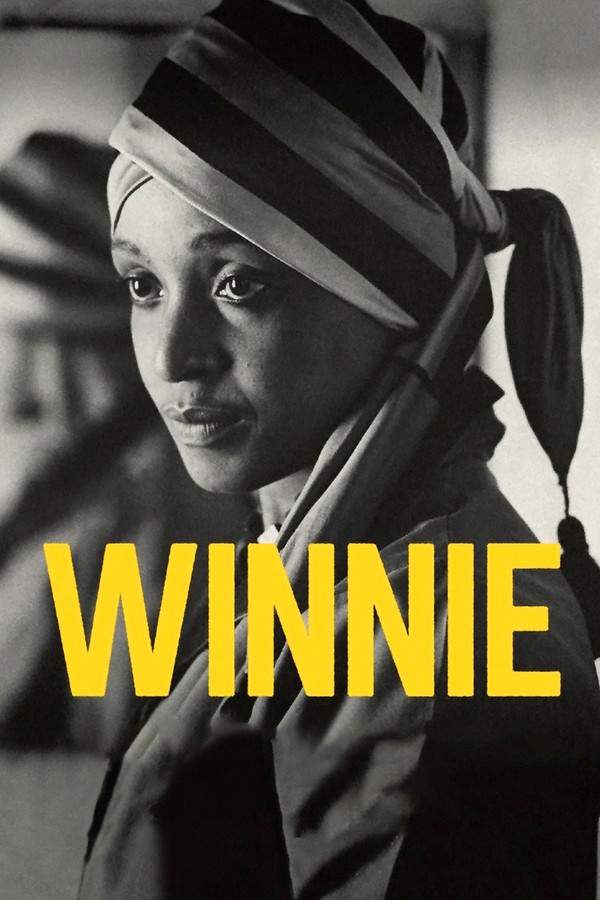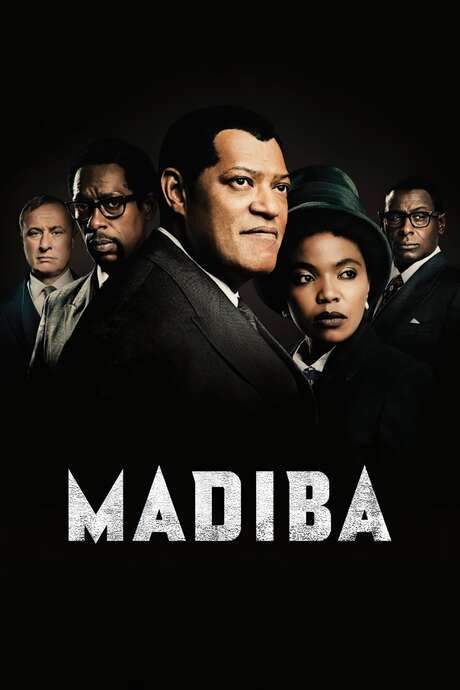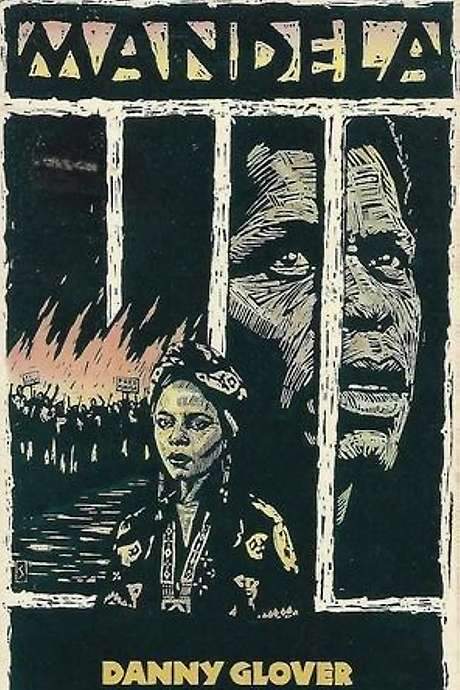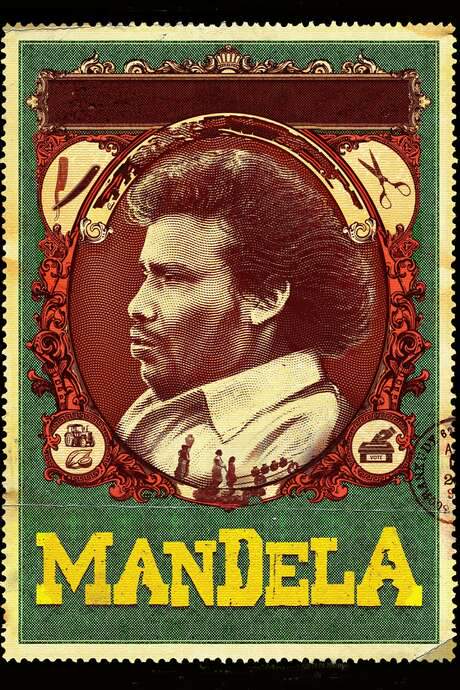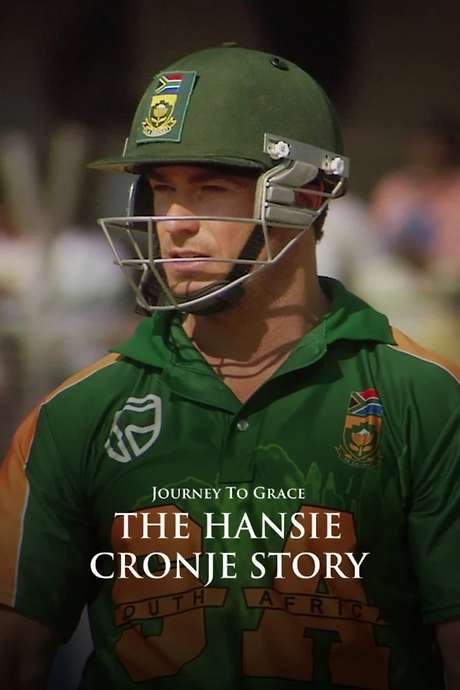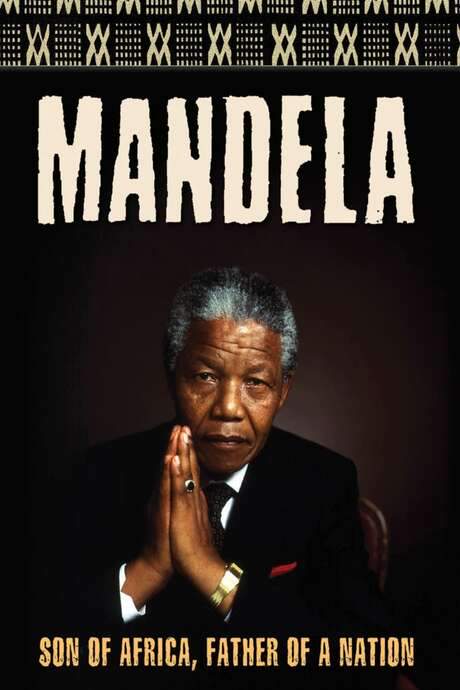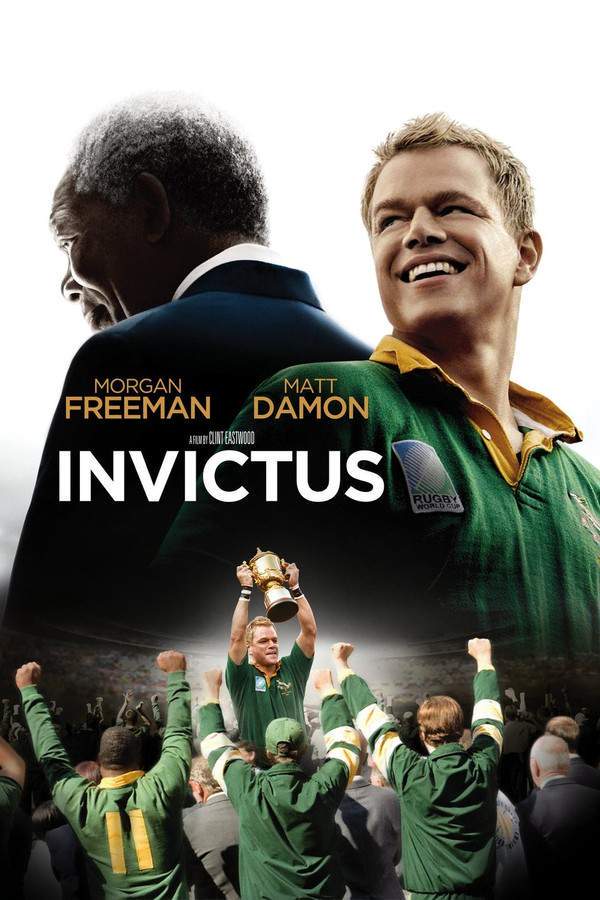
Invictus
Year: 2009
Runtime: 134 min
Language: English
Budget: $60M
Following the end of apartheid, President Nelson Mandela seeks to unite a racially divided nation. He uses the 1995 Rugby World Cup as an opportunity to foster reconciliation, partnering with Francois Pienaar, the team’s captain. Mandela’s belief in the power of sport inspires hope and pride, and the team embarks on an improbable journey to win the championship and heal South Africa.
Warning: spoilers below!
Haven’t seen Invictus yet? This summary contains major spoilers. Bookmark the page, watch the movie, and come back for the full breakdown. If you're ready, scroll on and relive the story!
Invictus (2009) – Full Plot Summary & Ending Explained
Read the complete plot breakdown of Invictus (2009), including all key story events, major twists, and the ending explained in detail. Discover what really happened—and what it all means.
Invictus begins with the dramatic release of Nelson Mandela from prison in 1990, marking a pivotal moment after nearly 26 years of imprisonment on Robben Island for orchestrating acts against the South African government. His freedom heralds the decline of apartheid in South Africa, leading to his victorious election as the nation’s new leader. During his inauguration, he delivers an inspiring speech aimed at unifying the fragmented populace, which is starkly divided along racial lines between Afrikaners and various black tribes, including the Zulu, Xhosa, and Bapedi. This victory sparks celebrations among the black community, while many white Afrikaners and Zulu feel a sense of loss in their nation. The film captures this divide poignantly, juxtaposing a convoy of cars with Mandela against the backdrop of children playing soccer on one side and Afrikaners engaged in rugby on the other.
As Mandela settles into his presidency, his head of security, Jason Tshabalala (played by Tony Kgoroge), proposes an increase in security personnel for the president, recommending that some former white Special Branch officers be hired, which leads to initial tensions among the staff due to entrenched racial prejudices. Despite these complications, they recognize the necessity of collaboration. Early in his presidency, Mandela confronts the lingering anxieties of his administration when he decides against dismissing those who served in the previous regime, promoting a theme of reconciliation. His words resonate with his government, signaling a commitment to racial equality and shared governance.
As Mandela integrates into his role, he begins morning walks through the streets, initially met with alarm by his security during a false alarm involving a speeding blue van delivering newspapers. Concurrently, we meet François Pienaar, the captain of the Springboks, South Africa’s national rugby team. The Springboks, primarily composed of white players aside from one black member, Chester, symbolize the painful legacy of apartheid for many black South Africans, who prefer to support England over their own team.
With less than a year until the 1995 Rugby World Cup, Mandela recognizes the potential of rugby to bridge the fractures in South African society. Defying the Sports Commission’s intent to rename the team, he boldly argues to retain the Springbok identity—viewed by many Afrikaners as a part of their heritage. Even though his proposal receives mixed reactions from his own staff, including his assistant Brenda Mazibuko (played by Adjoa Andoh), Mandela remains resolute. He reaches out to Pienaar, emphasizing the need for inspiration and belief in their capabilities under pressure.
Pienaar, taking Mandela’s message to heart, presents the team with the South African national anthem, encouraging them to engage with it rather than dismiss it. The team is directed to spend time with the township kids, introducing them to rugby and fostering a sense of national pride and unity, irrespective of their backgrounds. The dynamic shifts as Mandela’s health becomes a concern; however, his unwavering support for the team is evident as he remains engaged with their progress throughout the tournament.
As matches unfold, the Springboks surprise spectators by advancing further than expected, culminating in a nail-biting final match against the undefeated New Zealand All Blacks. The atmosphere in the stadium is electric, filled with support from both black and white South Africans as they rally behind their team. Despite the odds stacked against them, the Springboks play valiantly, and in a stunning display of resilience, they clinch the victory by a narrow margin.
The film concludes with scenes of jubilation across South Africa as people from diverse backgrounds unite in celebration of their team’s success. Mandela’s security team struggles to navigate through the ecstatic crowd, but the president himself, embodying the spirit of unity, insists on taking a moment to absorb the significance of the victory. The closing moments of Invictus echo the profound poem, “Invictus,” reflecting the resilient spirit of a nation coming together after a long struggle.
Out of the night that covers me,
Black as the pit from pole to pole,
I thank whatever gods may be
For my unconquerable soul.
In the fell clutch of circumstance
I have not winced nor cried aloud.
Under the bludgeonings of chance
My head is bloody, but unbowed.
Beyond this place of wrath and tears
Looms but the Horror of the shade,
And yet the menace of the years
Finds and shall find me unafraid.
It matters not how strait the gate,
How charged with punishments the scroll,
I am the master of my fate:
I am the captain of my soul.
Last Updated: November 03, 2024 at 20:23
Explore Movie Threads
Discover curated groups of movies connected by mood, themes, and story style. Browse collections built around emotion, atmosphere, and narrative focus to easily find films that match what you feel like watching right now.
Movies about unifying sports victories like Invictus
Stories where a team's improbable win unites a fractured community against the odds.If you liked Invictus, you'll enjoy these movies where sports serve as a catalyst for social change and national healing. Discover similar uplifting stories about underdog teams whose symbolic victories mend divides and inspire hope.
Narrative Summary
Movies in this thread typically follow a clear arc: a community faces deep division, an underdog team emerges with a chance at glory, and their journey becomes a metaphor for reconciliation. The climax is a high-stakes victory that delivers both sporting triumph and emotional catharsis for the people.
Why These Movies?
These films are grouped together because they share a core belief in the unifying power of sport, a focus on collective hope over individual stardom, and a narrative that intertwines personal effort with national symbolism, resulting in an uplifting and triumphant conclusion.
Leadership and reconciliation dramas similar to Invictus
Political dramas where wise leadership uses symbolism to heal a nation's deep wounds.Fans of Invictus will appreciate these movies about wise leaders guiding their people toward unity. Explore similar historical and political dramas that focus on reconciliation, strategic hope, and the symbolic gestures that mend a fractured society.
Narrative Summary
The narrative pattern involves a leader inheriting a deeply divided society and choosing a path of reconciliation over retribution. The conflict is largely ideological and social, resolved not through force but through patience, powerful symbols, and a steadfast commitment to a hopeful, shared future.
Why These Movies?
These films are connected by their central focus on a leader's moral and strategic choices, a tone that balances heavy history with hopeful resolve, and a theme of healing division through wisdom and symbolic action rather than violence.
Unlock the Full Story of Invictus
Don't stop at just watching — explore Invictus in full detail. From the complete plot summary and scene-by-scene timeline to character breakdowns, thematic analysis, and a deep dive into the ending — every page helps you truly understand what Invictus is all about. Plus, discover what's next after the movie.
Invictus Timeline
Track the full timeline of Invictus with every major event arranged chronologically. Perfect for decoding non-linear storytelling, flashbacks, or parallel narratives with a clear scene-by-scene breakdown.

Characters, Settings & Themes in Invictus
Discover the characters, locations, and core themes that shape Invictus. Get insights into symbolic elements, setting significance, and deeper narrative meaning — ideal for thematic analysis and movie breakdowns.

Invictus Spoiler-Free Summary
Get a quick, spoiler-free overview of Invictus that covers the main plot points and key details without revealing any major twists or spoilers. Perfect for those who want to know what to expect before diving in.

More About Invictus
Visit What's After the Movie to explore more about Invictus: box office results, cast and crew info, production details, post-credit scenes, and external links — all in one place for movie fans and researchers.

Similar Movies to Invictus
Discover movies like Invictus that share similar genres, themes, and storytelling elements. Whether you’re drawn to the atmosphere, character arcs, or plot structure, these curated recommendations will help you explore more films you’ll love.
Explore More About Movie Invictus
Invictus (2009) Scene-by-Scene Movie Timeline
Invictus (2009) Movie Characters, Themes & Settings
Invictus (2009) Spoiler-Free Summary & Key Flow
Movies Like Invictus – Similar Titles You’ll Enjoy
Goodbye Bafana (2007) Full Summary & Key Details
Invincible (2006) Spoiler-Packed Plot Recap
Mandela: Long Walk to Freedom (2013) Detailed Story Recap
More Than a Game (2009) Story Summary & Characters
Plot for Peace (2014) Movie Recap & Themes
Long Night's Journey Into Day (2001) Spoiler-Packed Plot Recap
Winnie Mandela (2013) Story Summary & Characters
Madiba (1000) Film Overview & Timeline
An Act of Defiance (2017) Full Summary & Key Details
Mandela (1987) Movie Recap & Themes
Chasing the Sun (1000) Detailed Story Recap
Mandela (2021) Complete Plot Breakdown
Mandela and de Klerk (1997) Plot Summary & Ending Explained
Hansie (2008) Ending Explained & Film Insights
Mandela (1996) Spoiler-Packed Plot Recap

